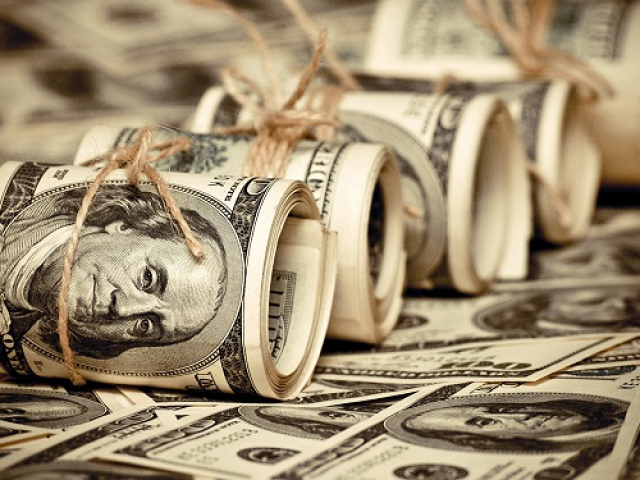
USD banknote is made of linen and cotton
US paper currency is made up of 75% cotton and 25% linen. It also has tiny red and blue synthetic fibers of various lengths evenly distributed throughout the paper. This makes the banknote stronger. One should bend a bill four thousand times in order to tear it up or just spoil. If you have an unnecessary bill and free time, you can carry out an experiment.
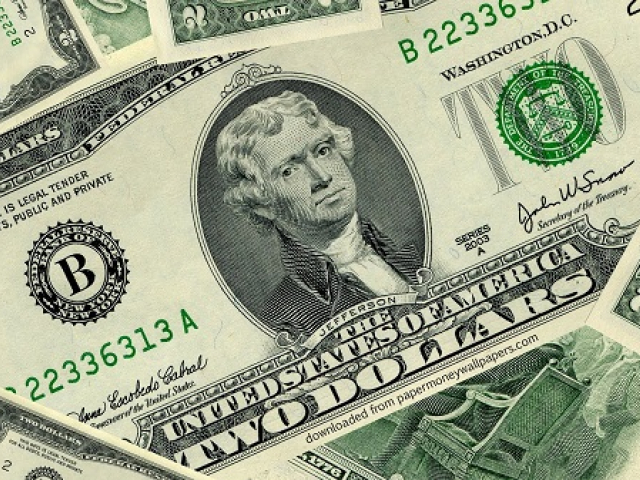
Two-dollar note
The one-dollar banknote is the most popular US bill in circulation. However, the two-dollar note is a kind of a souvenir that attracts luck. That is why so many people keep it in their purses. Notably, there are two versions of the banknote. The first one appeared in 1862 and the second one came into circulation in 1976. However, the note of this denomination was last issued in 2003. Now, it is almost impossible to find such bills.
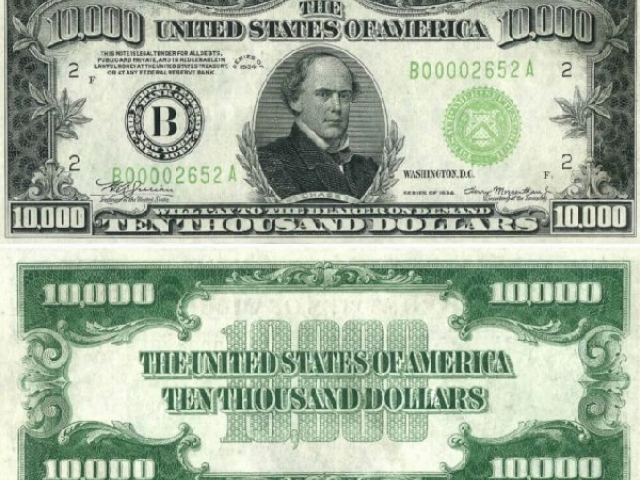
Banknotes of largest denomination
A lot of bills of different denominations were printed, including $1, $2, $5, $10, $20, $50, $100. There was also a $500 bill that featured President William McKinley. Grover Cleveland could be seen on the front of the $1,000 bill, and James Madison was portrayed on the $5,000 bill.
The $10,000 bill is a banknote of the largest denomination that was issued in free circulation. It showed the US Treasury Secretary, Salmon P. Chase, who was in power during the Lincoln administration. Now it is a real rarity.
A gold certificate for $100,000 is a banknote of the largest denomination ever printed in the United States. It was released in 1934. However, later, it was withdrawn due to economic risks. It never appeared in free circulation.
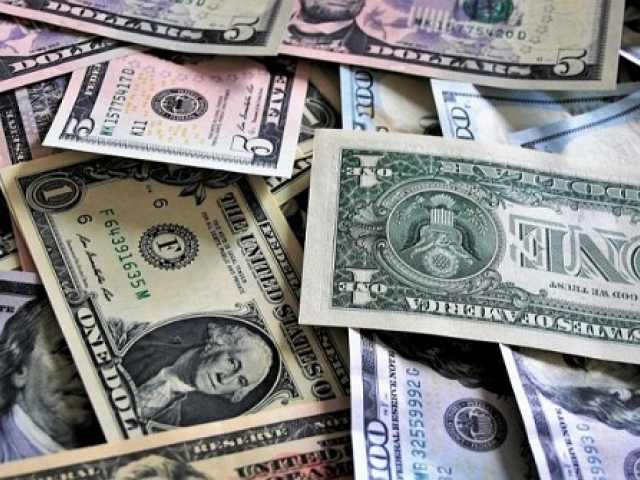
Banknotes do not depict living people
After gaining independence from the British Empire, the US issued a law that stated that banknotes should not depict alive people. The decision was made to go against the monarchical tradition to print a living monarch on bills or coins. The Americans introduced this ban to emphasize their freedom. The law has been broken only once. In 1926, a commemorative coin with the image of President Calvin Coolidge was issued in honor of the 150th anniversary of independence.
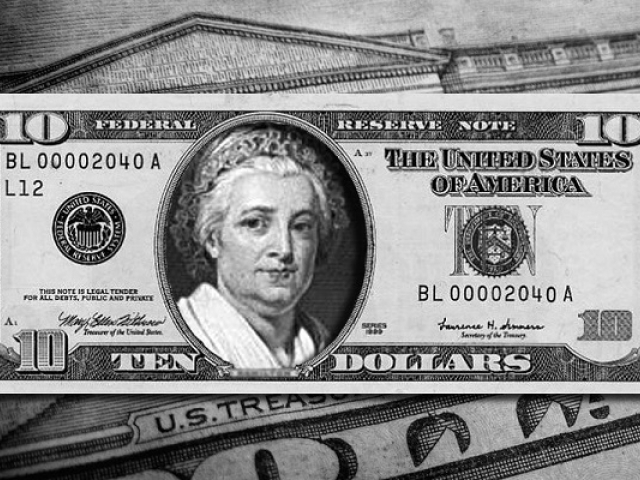
Women portrayed on banknotes
Banknotes usually depict people who had a great influence on the development of the country. Among them were not only America's Founding Fathers and presidents but also women.
Recently, the government announced a release of a banknote with the image of Harriet Tubman, a civil war spy. She saved more than 70 slaves and their families. However, Harriet was not the first woman depicted on the bill. Earlier, US money had an image of Martha Washington, George Washington’s wife. She was the very first First lady of the United States.
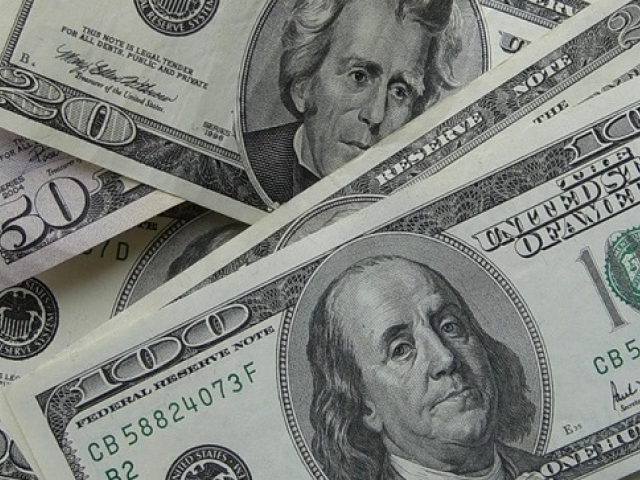
Counterfeiters are sentenced to death
In the modern world, $100 and $20 bills are most often forged. If a counterfeiter is caught, he or she is jailed for 20 years or, at best, is subject to an administrative penalty. The fine is really large.
Previously, this approach was extremely strict. The banknotes bore the inscription: "forgery is punishable by death." These were not just words as counterfeiters were actually sentenced to death.
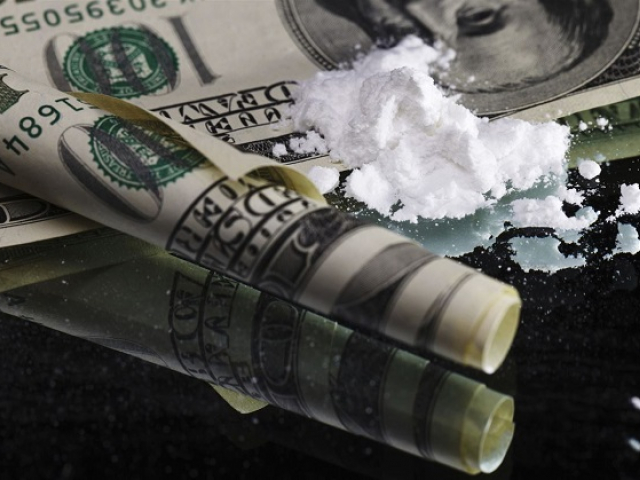
Traces of cocaine could be found on banknotes
For more than a decade, drug distribution has been considered one of the main problems in the United States. Cocaine is the most profitable type of drug. It literally flooded the country in the late 70s and early 80s. In 2009, a study was conducted to determine how widespread it was. In almost 90% of cases, traces of cocaine could be seen on the paper bills that were in circulation at that time.
 Deutsch
Deutsch 
 Русский
Русский English
English Bahasa Indonesia
Bahasa Indonesia Bahasa Malay
Bahasa Malay ไทย
ไทย Español
Español Български
Български Français
Français Tiếng Việt
Tiếng Việt 中文
中文 বাংলা
বাংলা हिन्दी
हिन्दी Čeština
Čeština Українська
Українська Română
Română
